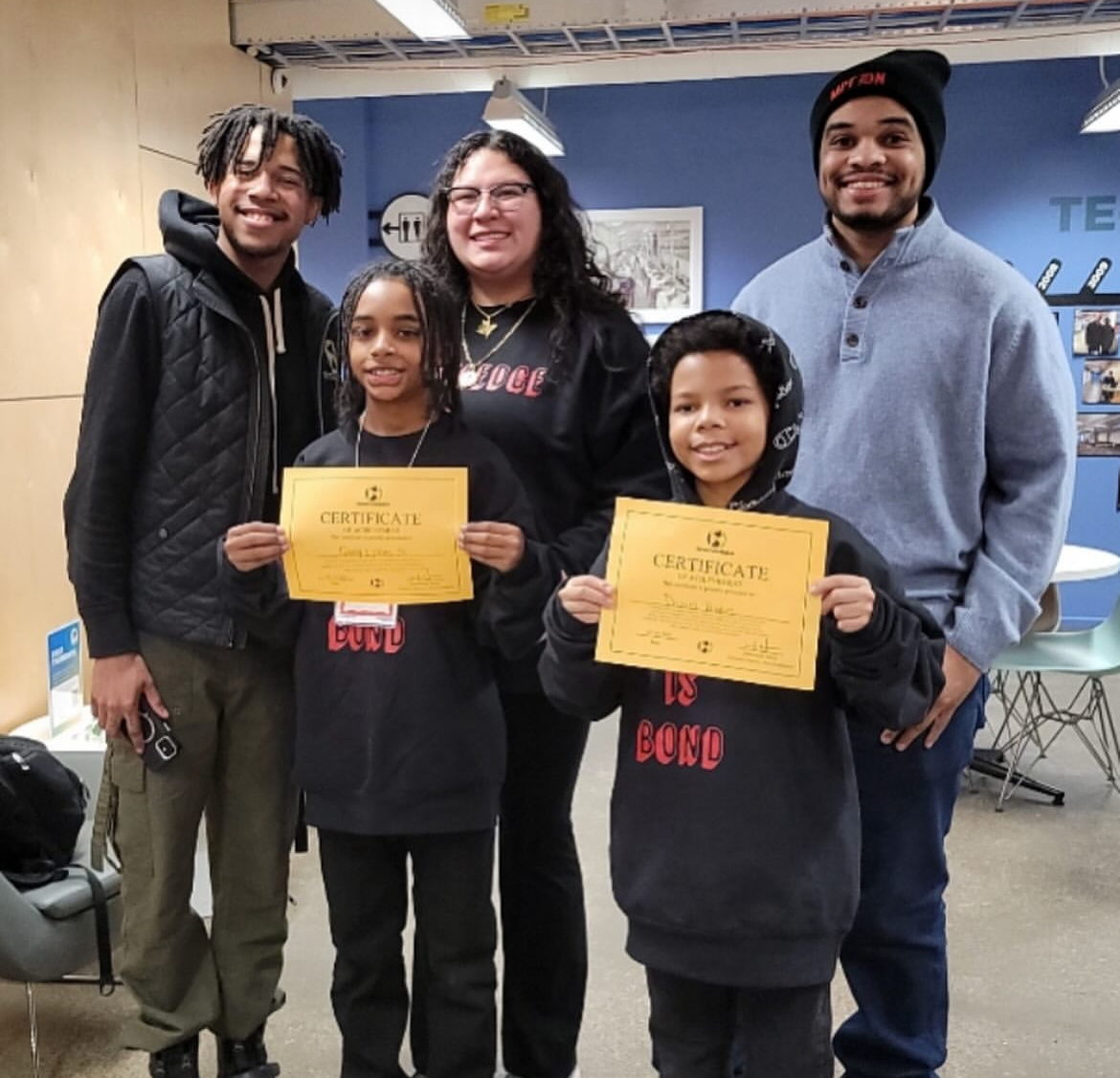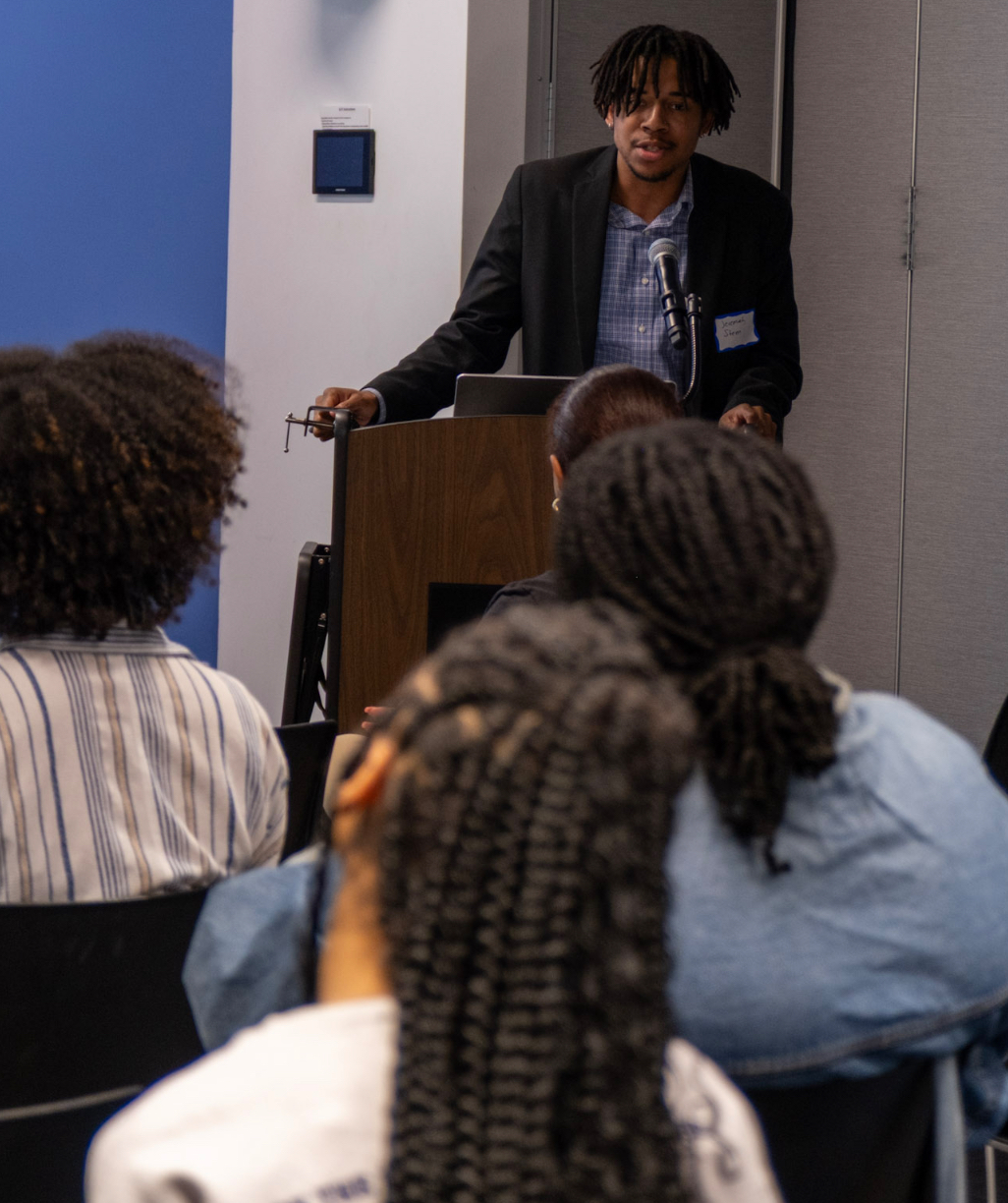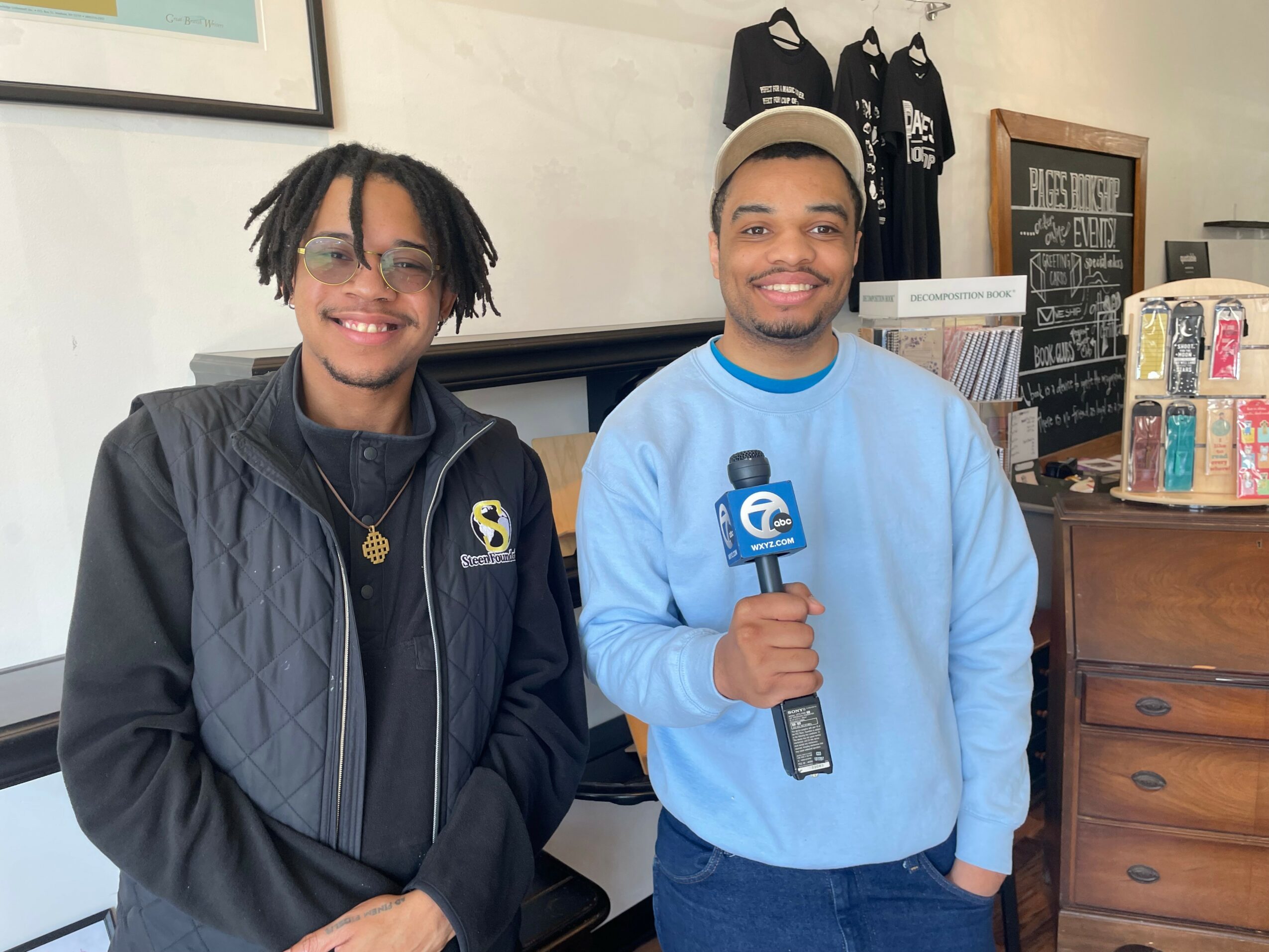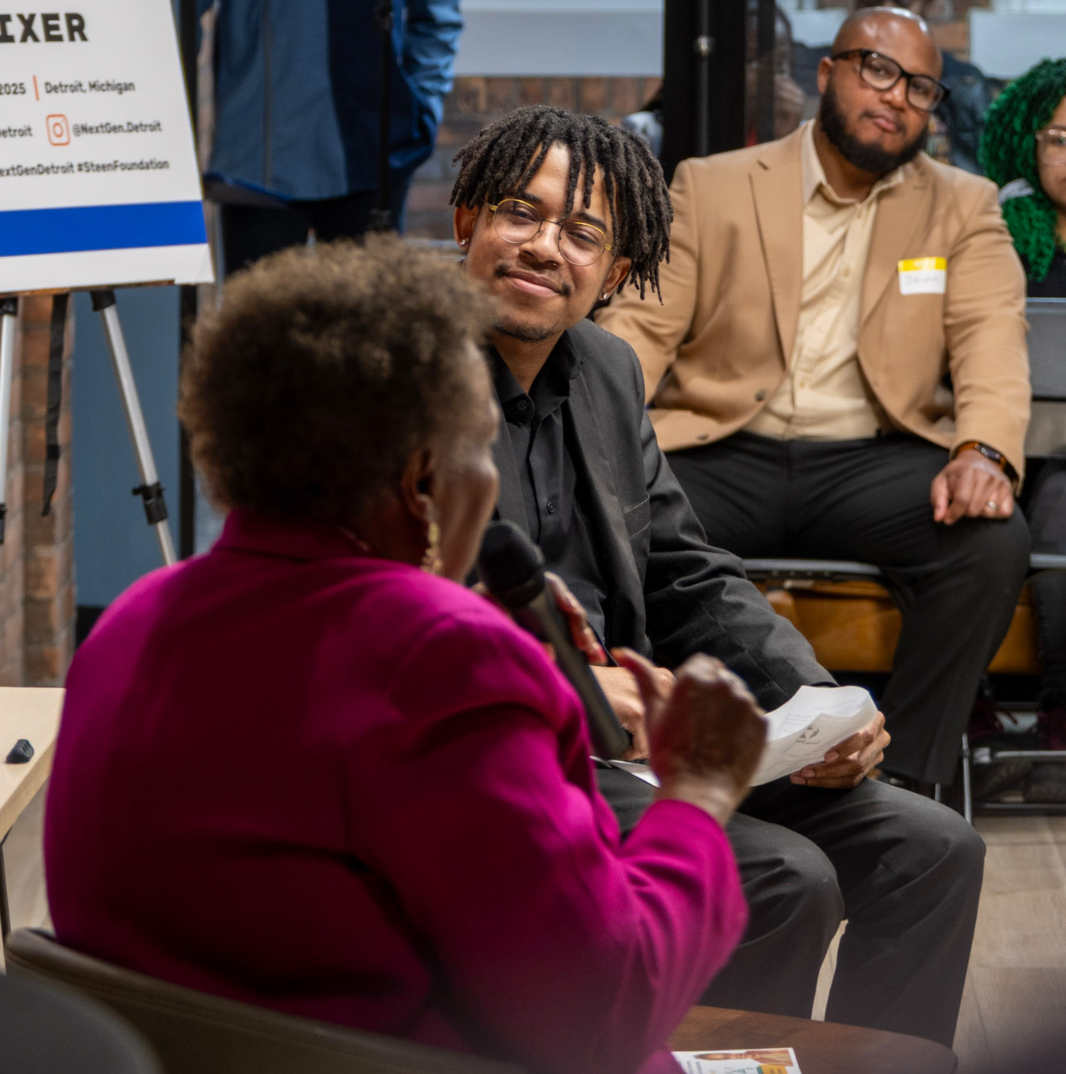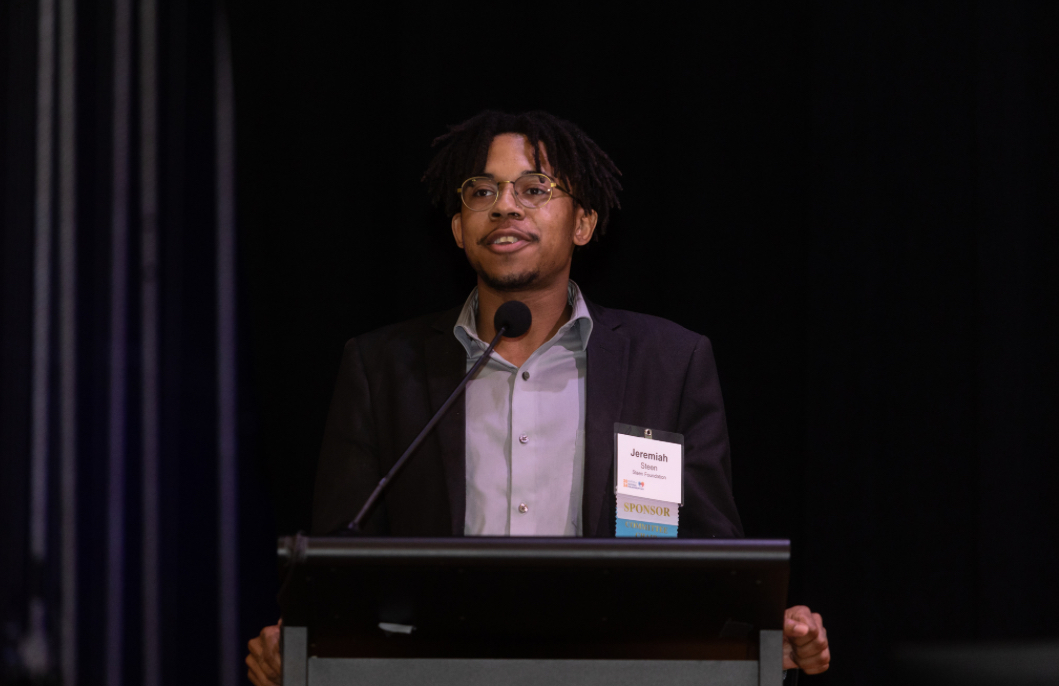

Today we’d like to introduce you to Jeremiah Steen.
Hi Jeremiah, it’s an honor to have you on the platform. Thanks for taking the time to share your story with us – to start maybe you can share some of your backstory with our readers?
I was raised in Detroit by a family that taught me early the value of service, storytelling, and community care. As a teenager, I saw the disconnect between decisions made for youth and the actual lived experiences of young people like myself. So at just 18, I founded the Steen Foundation — a youth-led philanthropic organization dedicated to amplifying youth voice and investing in systems-level change.
What began as a simple desire to give back became a force for transformation. We built programs that not only funded youth ideas, but trained them to lead — from our 4-Hour Mural Challenges to youth-led grantmaking juries and Social Impact Bonds that reimagined how impact is measured. Along the way, we partnered with TradesForce to connect over 1,600 young people to union-backed green economy jobs, and acquired Pages Bookshop to turn it into a literacy and civic hub that honors Black authorship and youth imagination.
I’ve served on the boards of organizations I once looked up to — including becoming the youngest Trustee in Skillman Foundation history and now serving at the Michigan Nonprofit Association — always bringing a lens of generational equity and culturally grounded innovation. I’ve spoken truth to power, including taking on Michigan’s largest hospital systems to demand accountability in the 340B drug pricing program, and advocating for reinvestment into care, not just executive compensation.
I didn’t start with power — I started with proximity. And every step of the way, I’ve worked to turn that proximity into policy, investment, and possibility.
Can you talk to us a bit about the challenges and lessons you’ve learned along the way. Looking back would you say it’s been easy or smooth in retrospect?
Not at all — the road has been anything but smooth. I started the Steen Foundation with no formal roadmap, just a sense of urgency and a deep love for my community. I was often the youngest person in the room, navigating spaces that weren’t designed with youth leadership — let alone Black youth leadership — in mind. People questioned my qualifications before they ever asked about my vision.
One of the hardest parts has been carrying the weight of responsibility so early, often without a safety net. I’ve experienced burnout, financial pressure, and the emotional toll of being a bridge between generations, trying to hold space for innovation while honoring the wisdom of those who came before me.
Even today, I’m building equity in systems that often reward sameness over disruption. But every challenge has sharpened my clarity and commitment. I’ve learned to turn doubt into data, rejection into redirection, and pain into power — all while staying anchored in community. That struggle, as exhausting as it can be, is what keeps the mission real and the movement alive.
Can you tell our readers more about what you do and what you think sets you apart from others?
At my core, I’m a builder — of ecosystems, equity, and opportunity. Through the Steen Foundation, a youth-led philanthropic organization I founded in Detroit, I specialize in grantmaking, economic mobility, and generational leadership. We’ve funded and incubated programs that amplify youth voice, support Black artists, and provide direct relief to communities — from Social Impact Bonds to emergency health access funds for uninsured youth.
I’m known for helping institutions reimagine what equity really looks like — not just performative DEI statements, but infrastructure that allows marginalized communities to co-govern, co-design, and co-lead. I serve on multiple nonprofit boards and civic committees, working across sectors to challenge the idea that leadership must follow a traditional path.
What sets me apart is my ability to connect radical imagination with real-world systems. I’m proud of our leadership in the Bill & Lisa Ford Michigan Central Station Initiative, where we supported a $10 million endowment pilot to train and compensate youth to review nonprofit finances and allocate funding to frontline organizations. But more than anything, I’m proud of building something where young people — especially from historically underinvested communities — don’t just feel seen, but powerful. We’re not waiting for permission anymore. We’re building the future now — and we’re doing it together.
Where we are in life is often partly because of others. Who/what else deserves credit for how your story turned out?
Absolutely — nothing I’ve built would be possible without the foundation laid by my family. My mother, grandmother, and grandfather are the original architects of my values. They taught me that showing up for your community isn’t optional — it’s a responsibility. My little brother is my daily reminder of why this work matters: so that the next generation doesn’t have to start from scratch or fight the same battles.
Alongside my family, I’ve been incredibly fortunate to have mentors and advocates who saw something in me early on and weren’t afraid to challenge or champion me. Whether it was nonprofit leaders trusting me to sit on national boards as a teenager, or community elders holding me accountable to the people we serve, I’ve been lifted and sharpened by a village.
In every role — building career pipelines, or running a bookstore as a community hub — it’s been a collective effort. I’ve never believed in the myth of the lone genius. This work is only sustainable because of the brilliant teammates, youth leaders, and co-conspirators who push the vision forward every single day.
Contact Info:
- Website: https://www.steenfoundation.org/
- Instagram: https://www.instagram.com/jeremiah.steen/?hl=en
- LinkedIn: https://www.linkedin.com/in/jeremiah-steen-439321177
